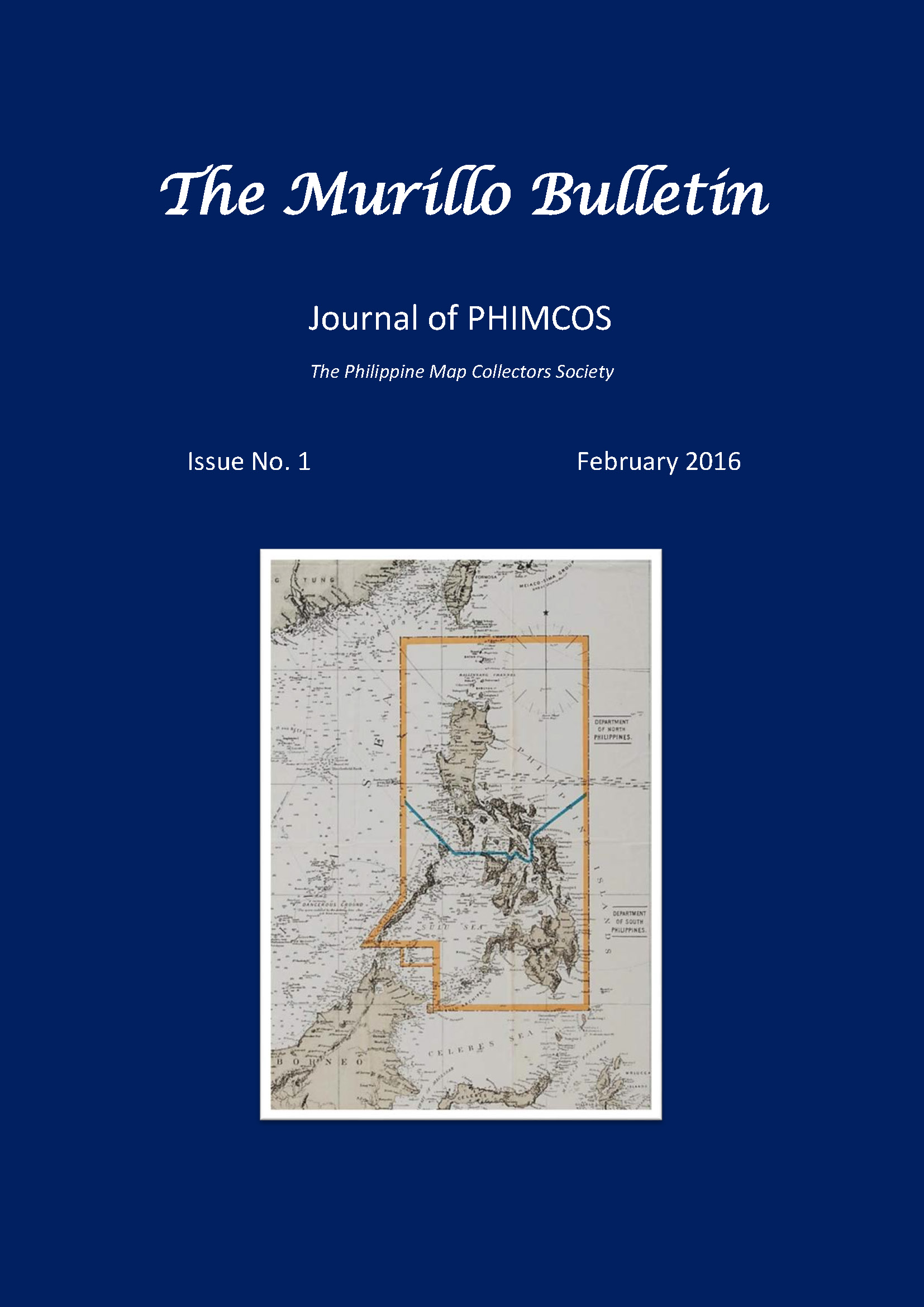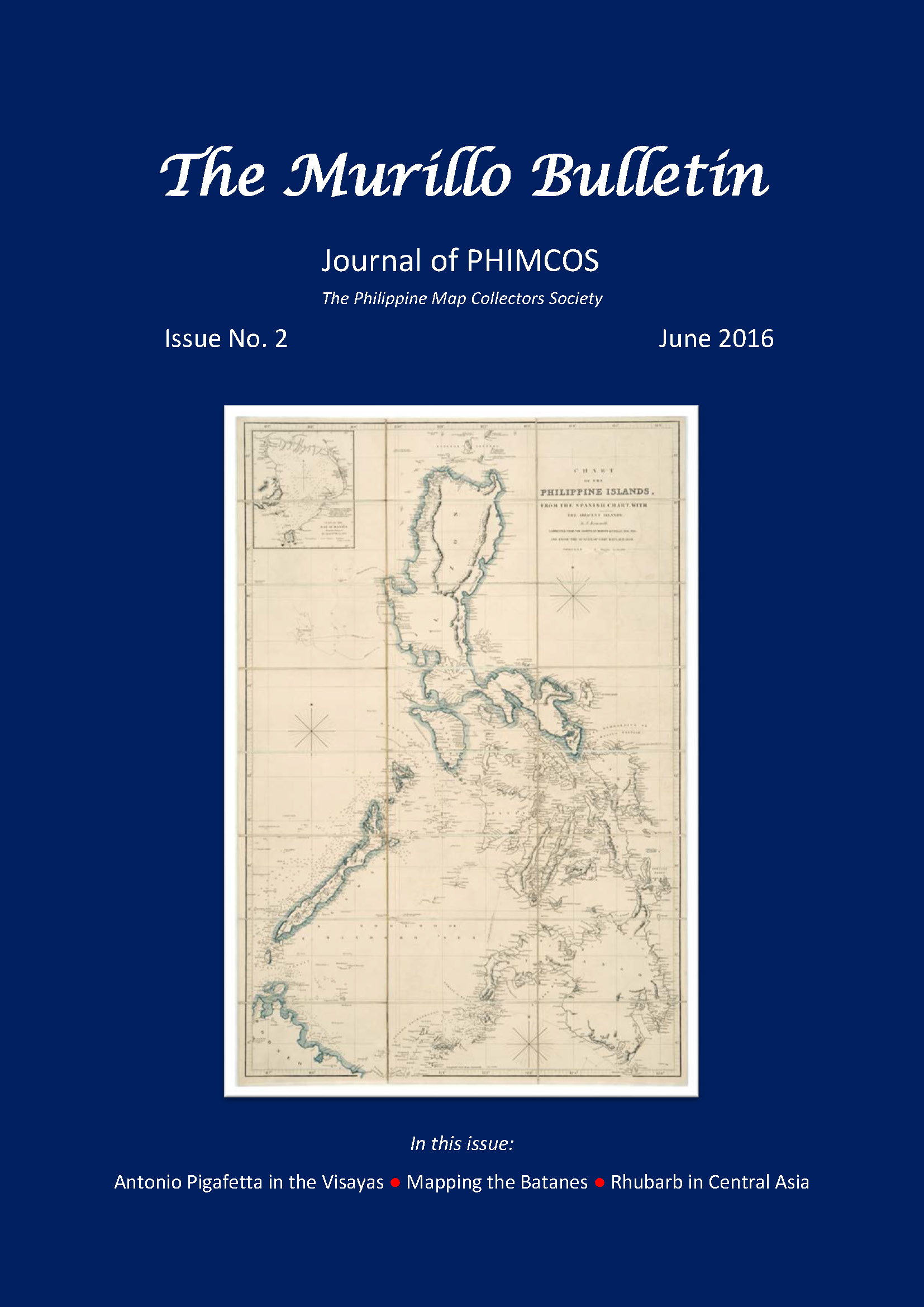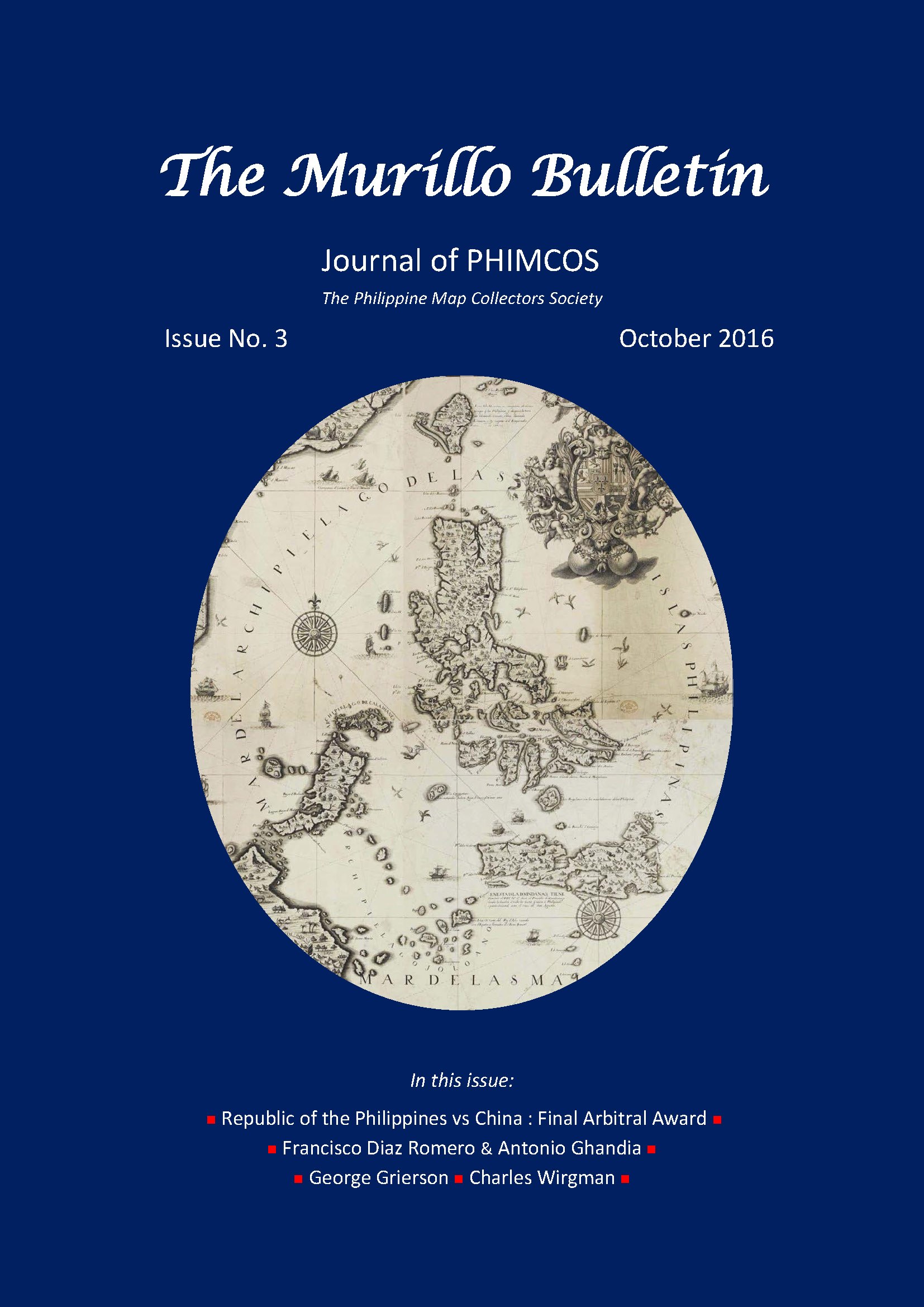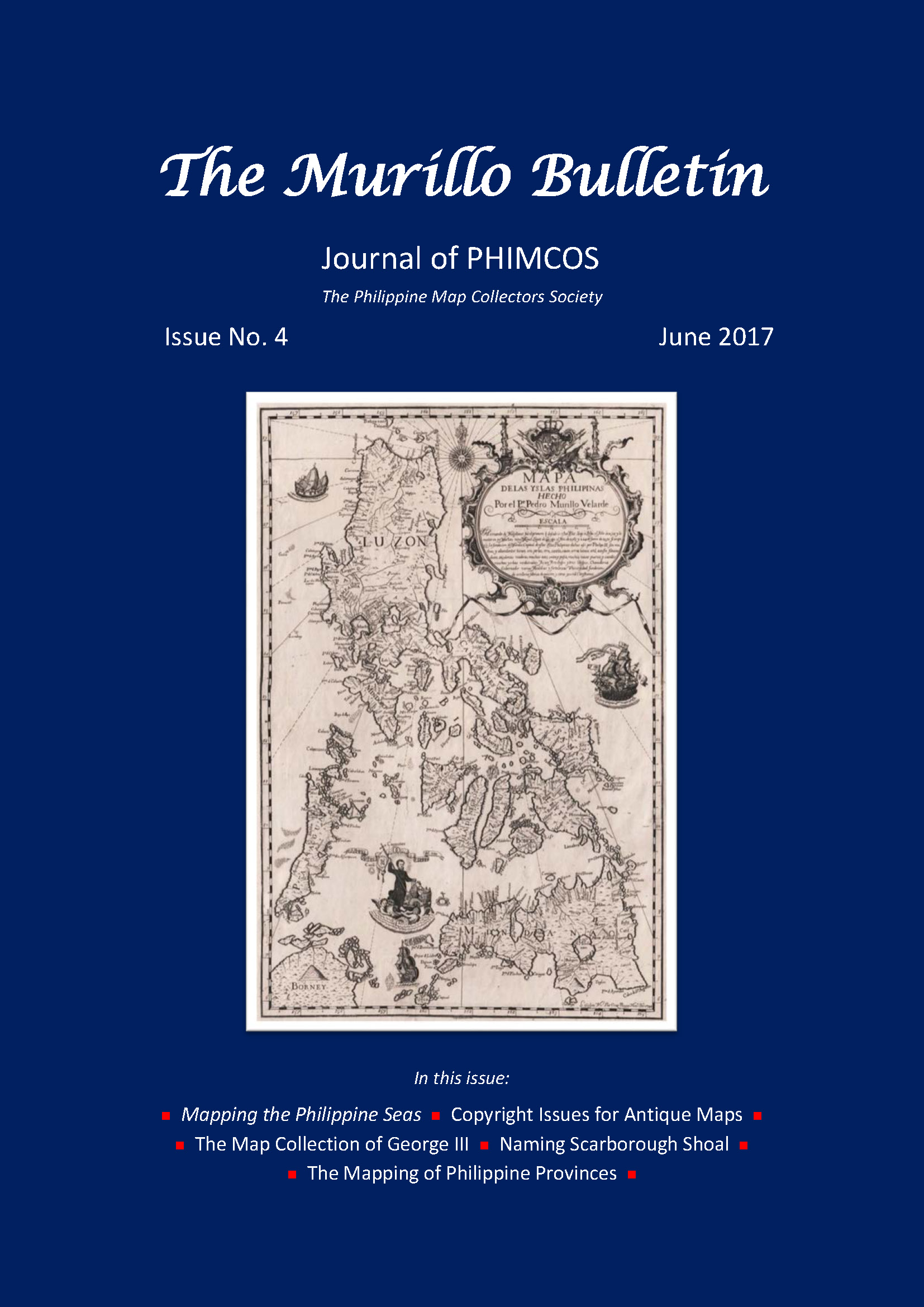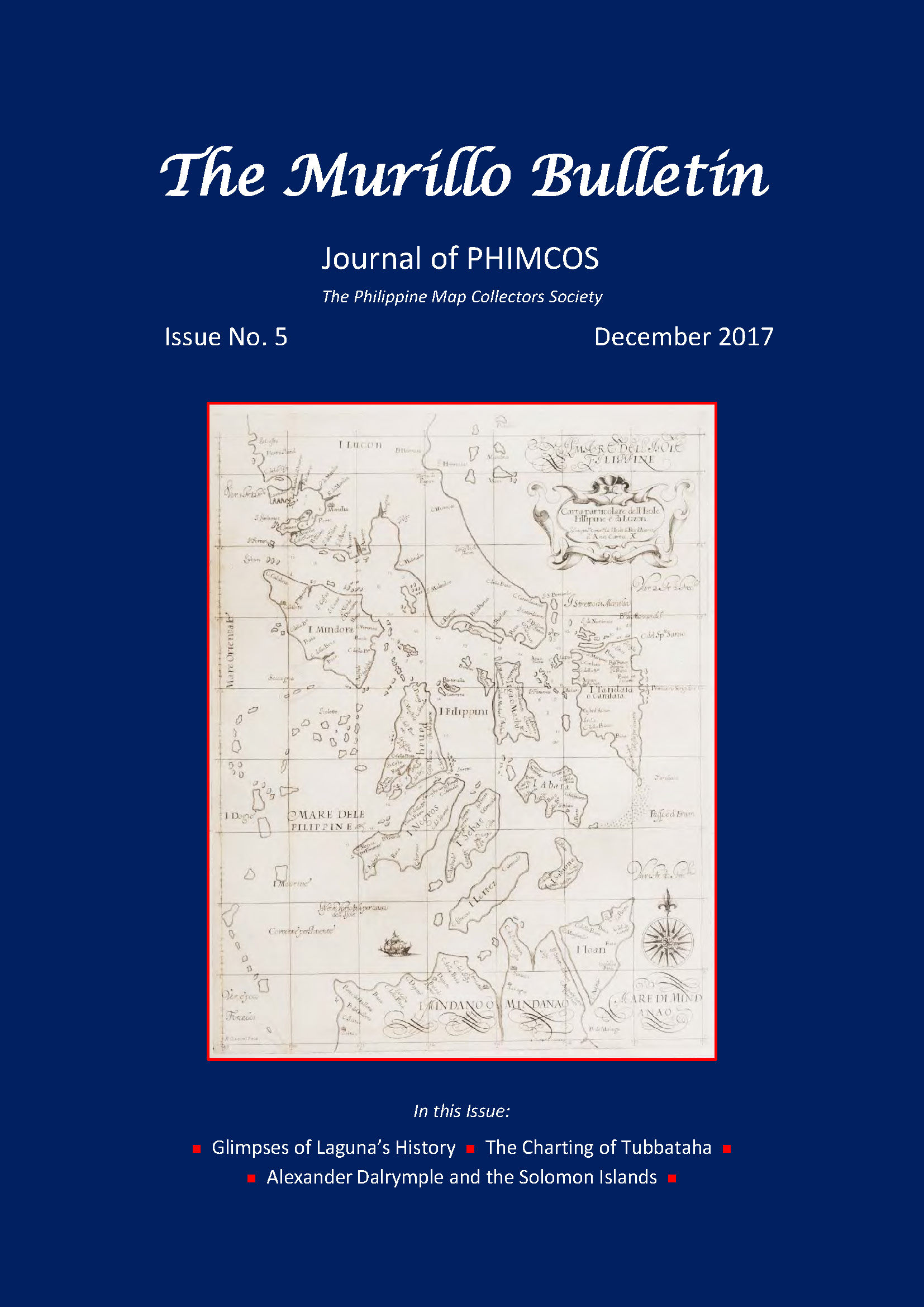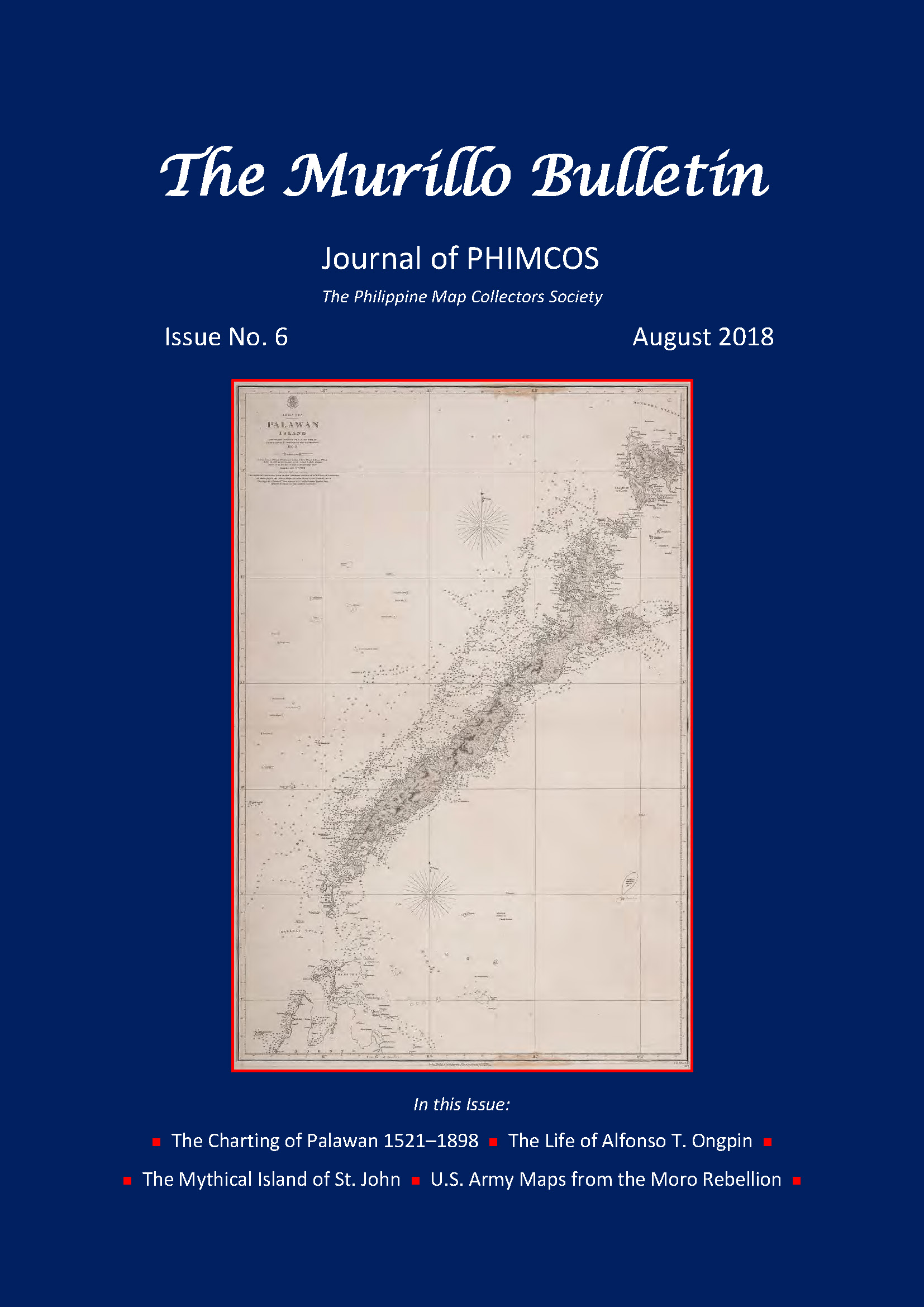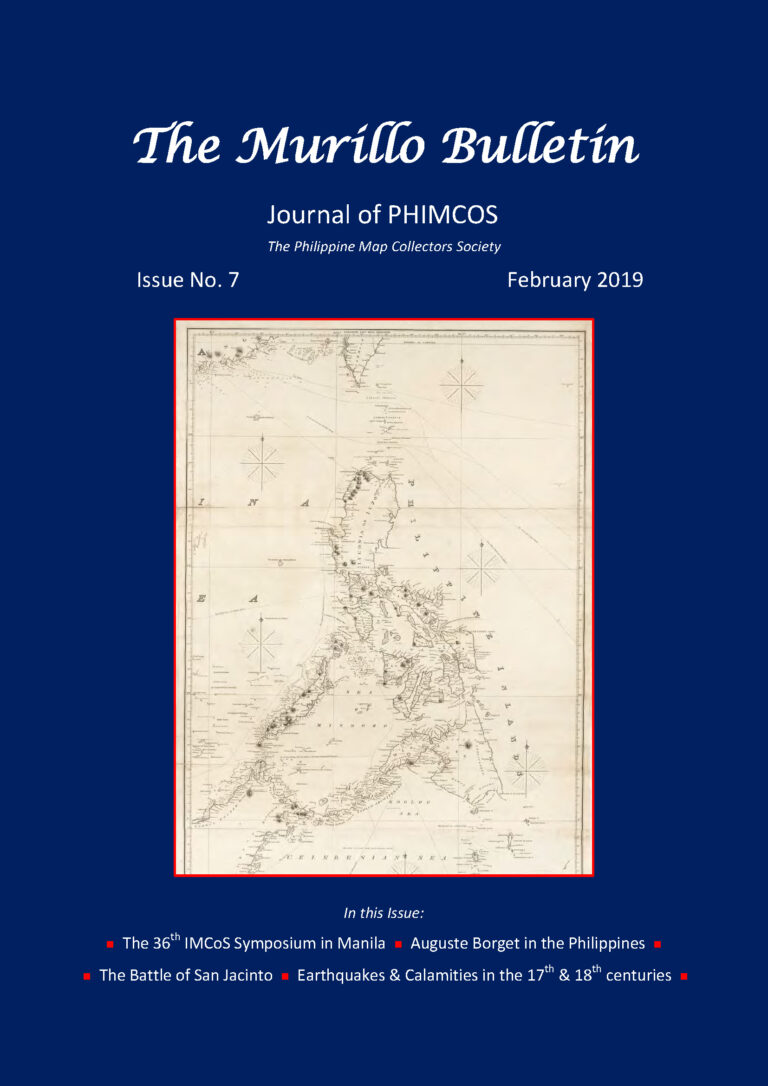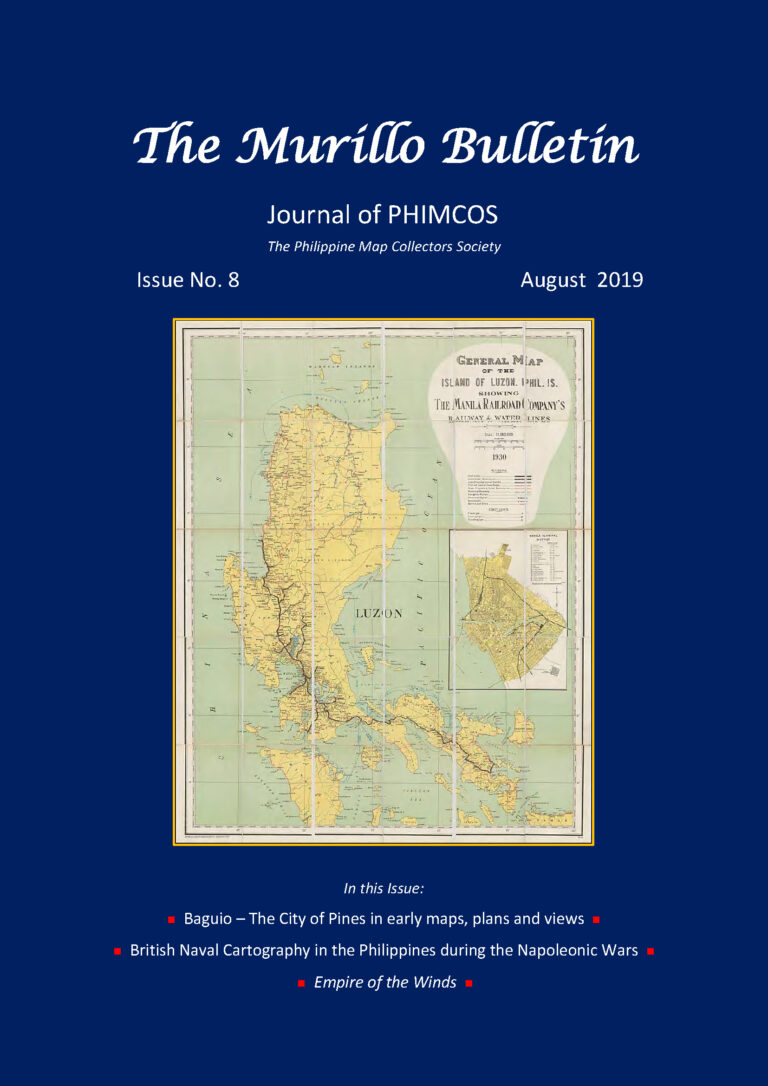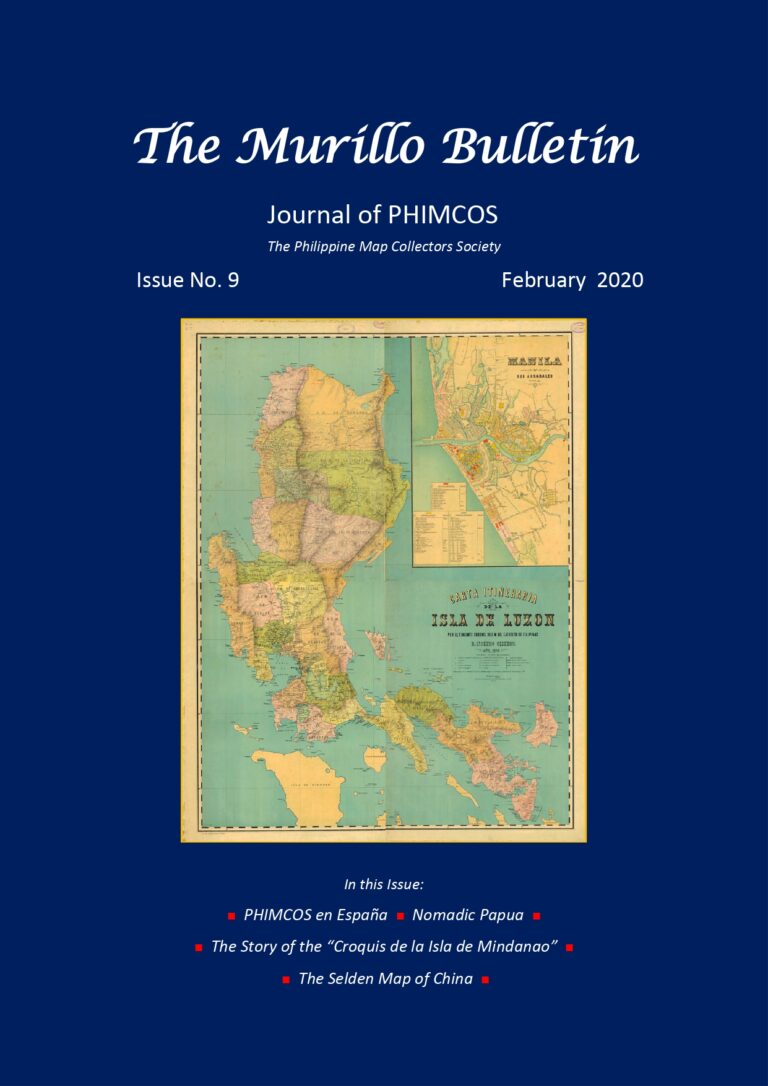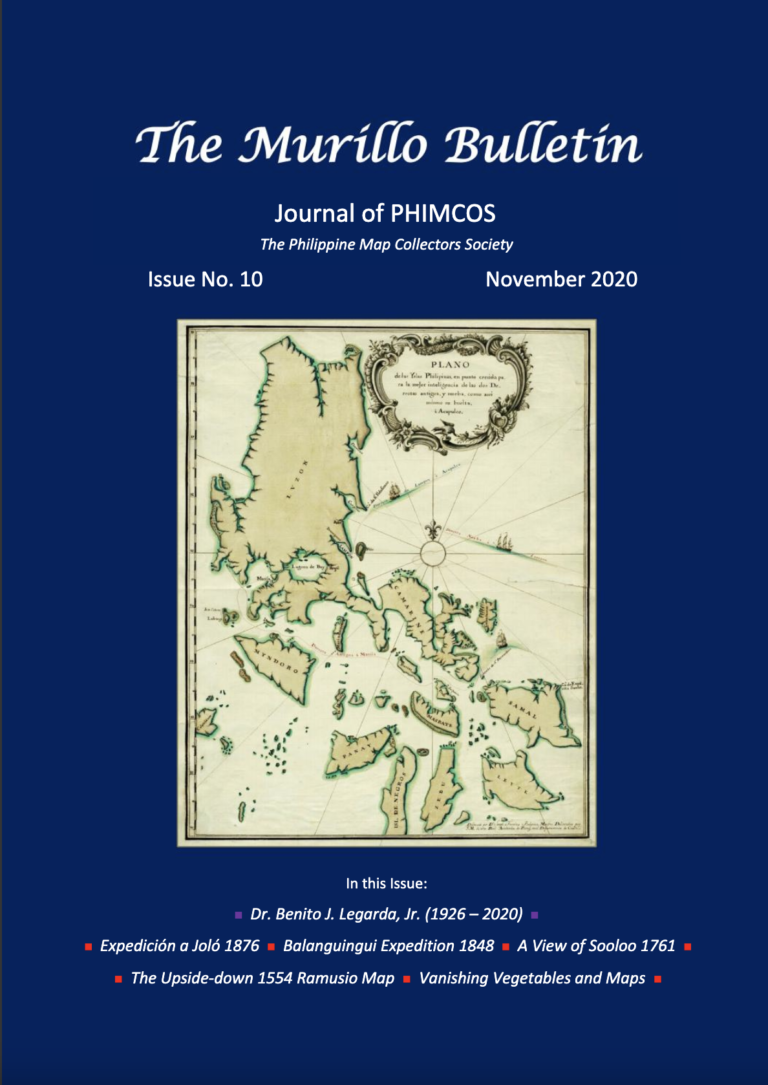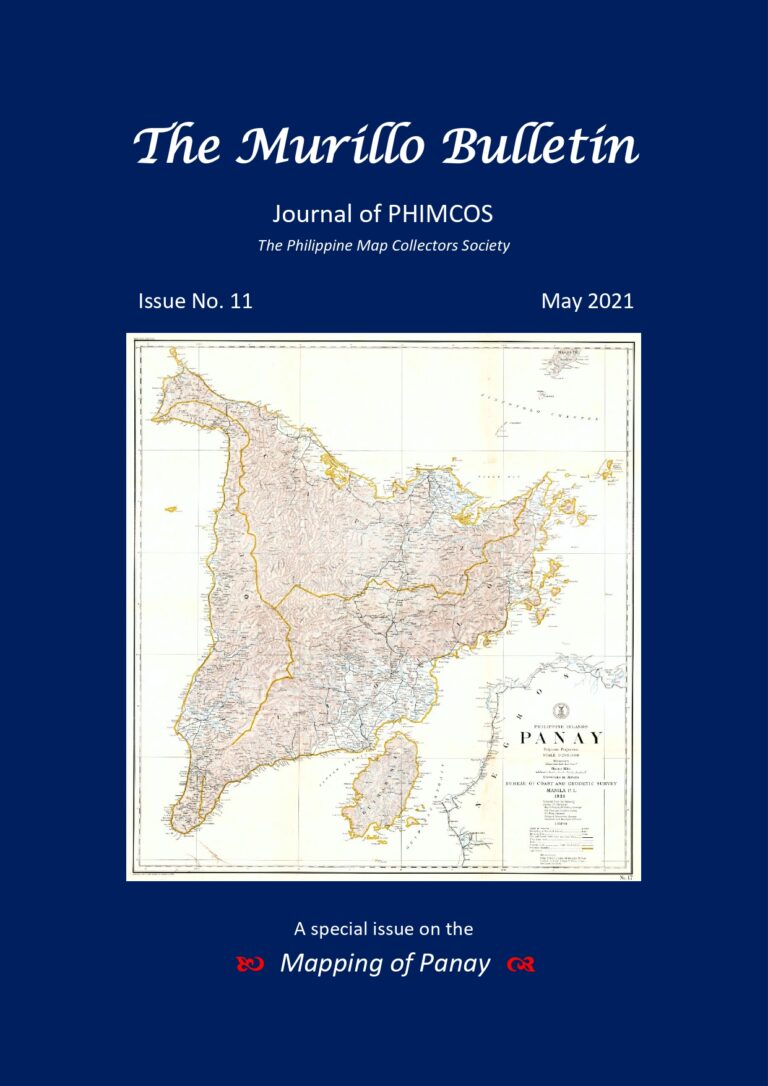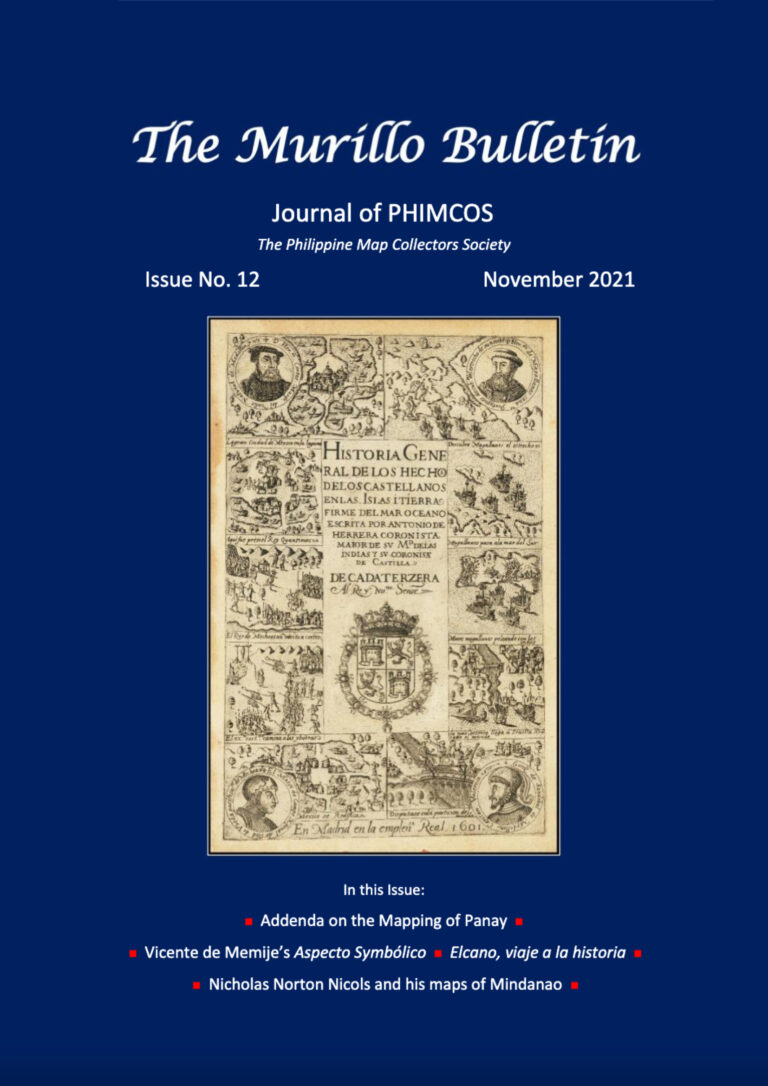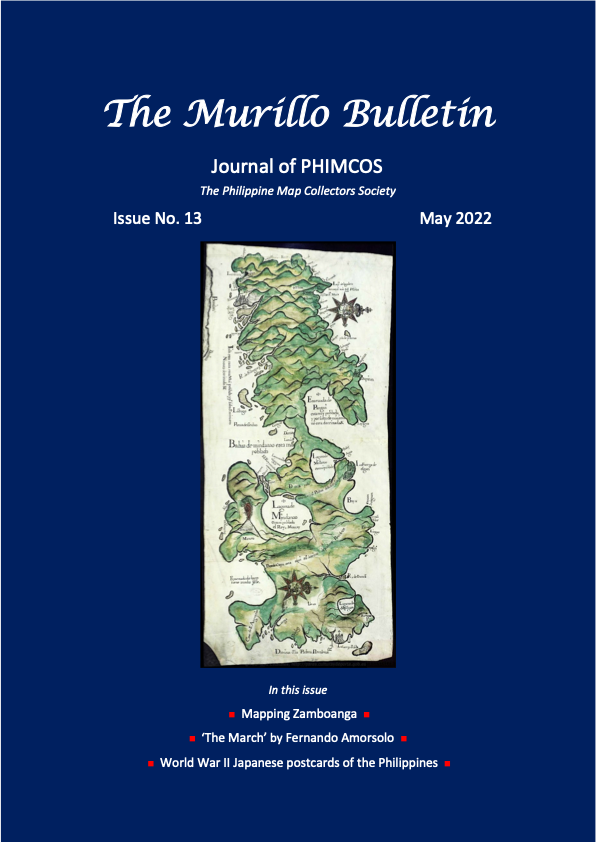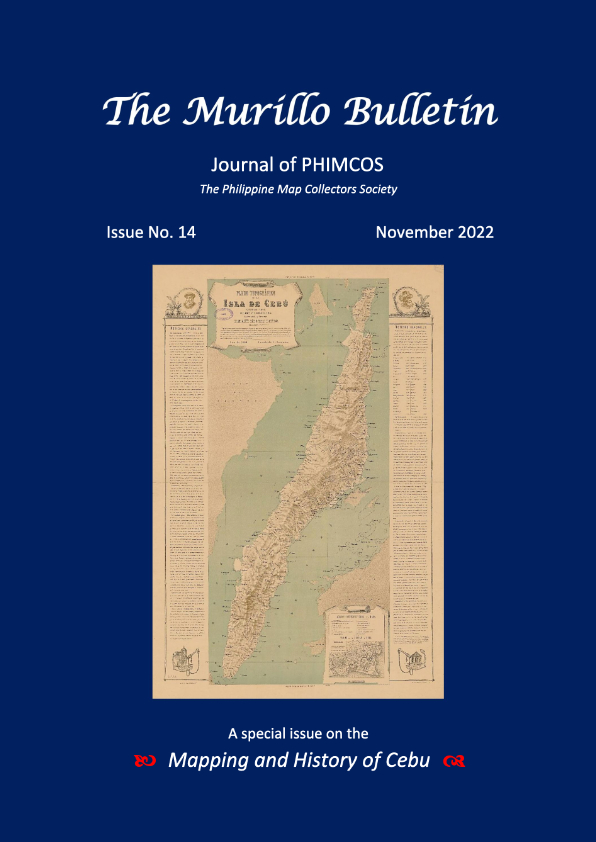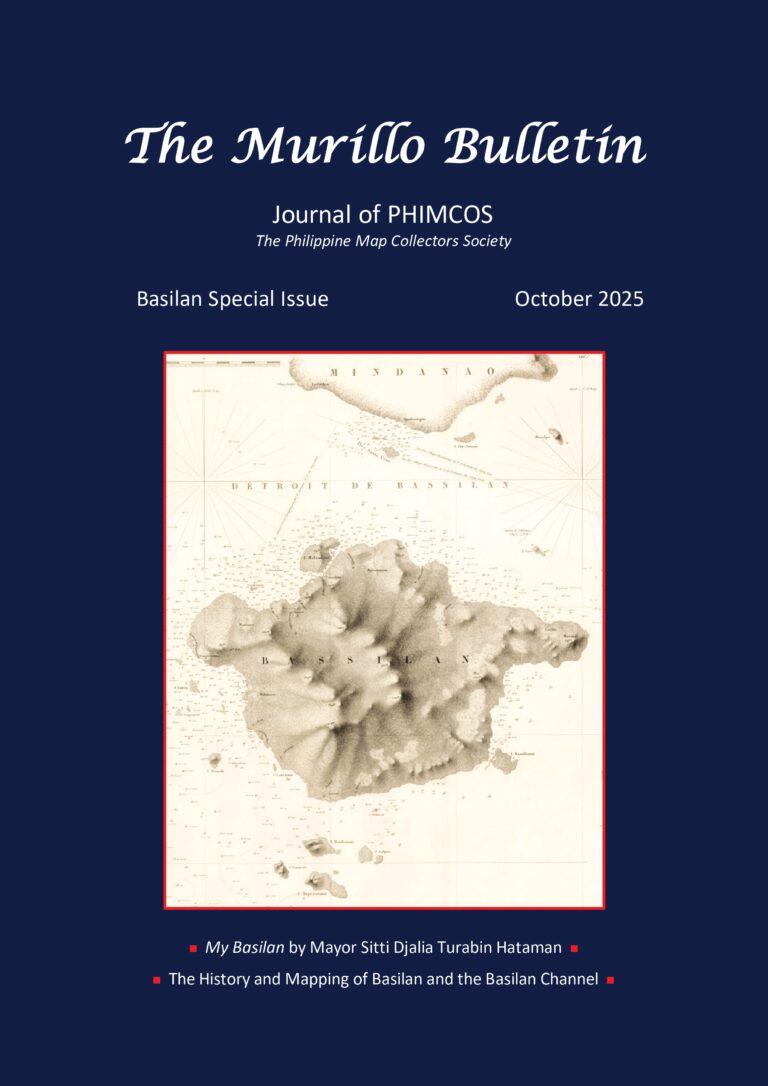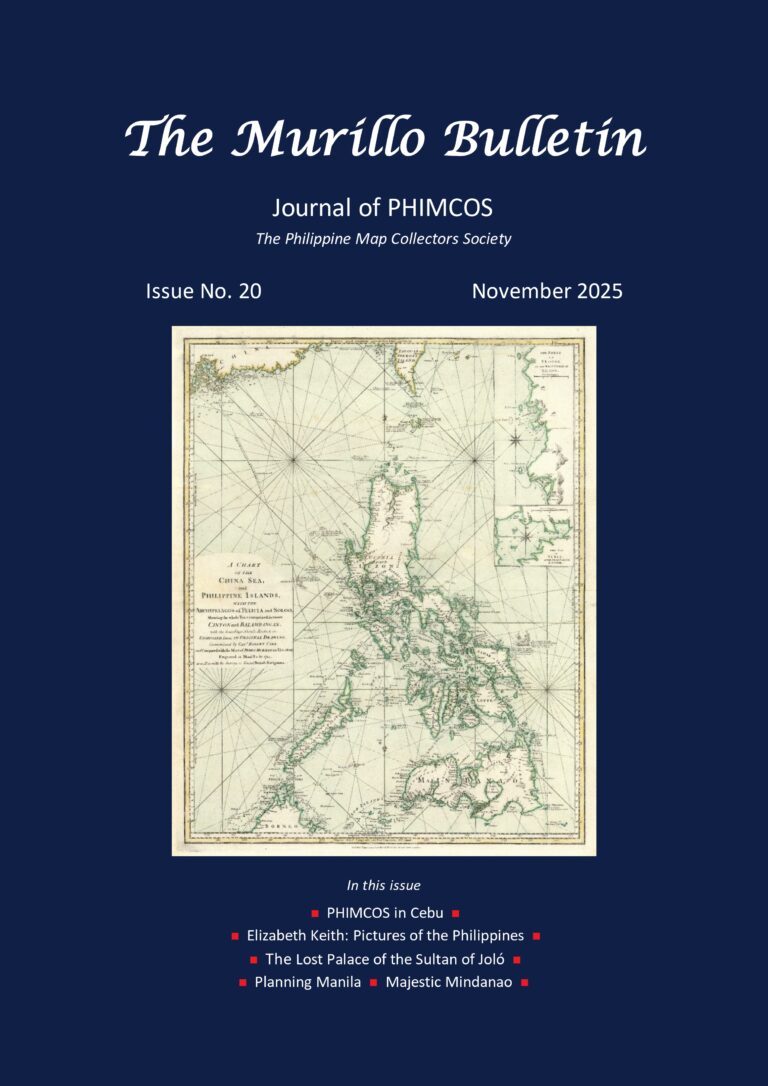Copyright © 2009-2026 Philippine Map Collectors Society · Legal Statements · Website design by Squeesome
PHIMCOS PUBLICATIONS
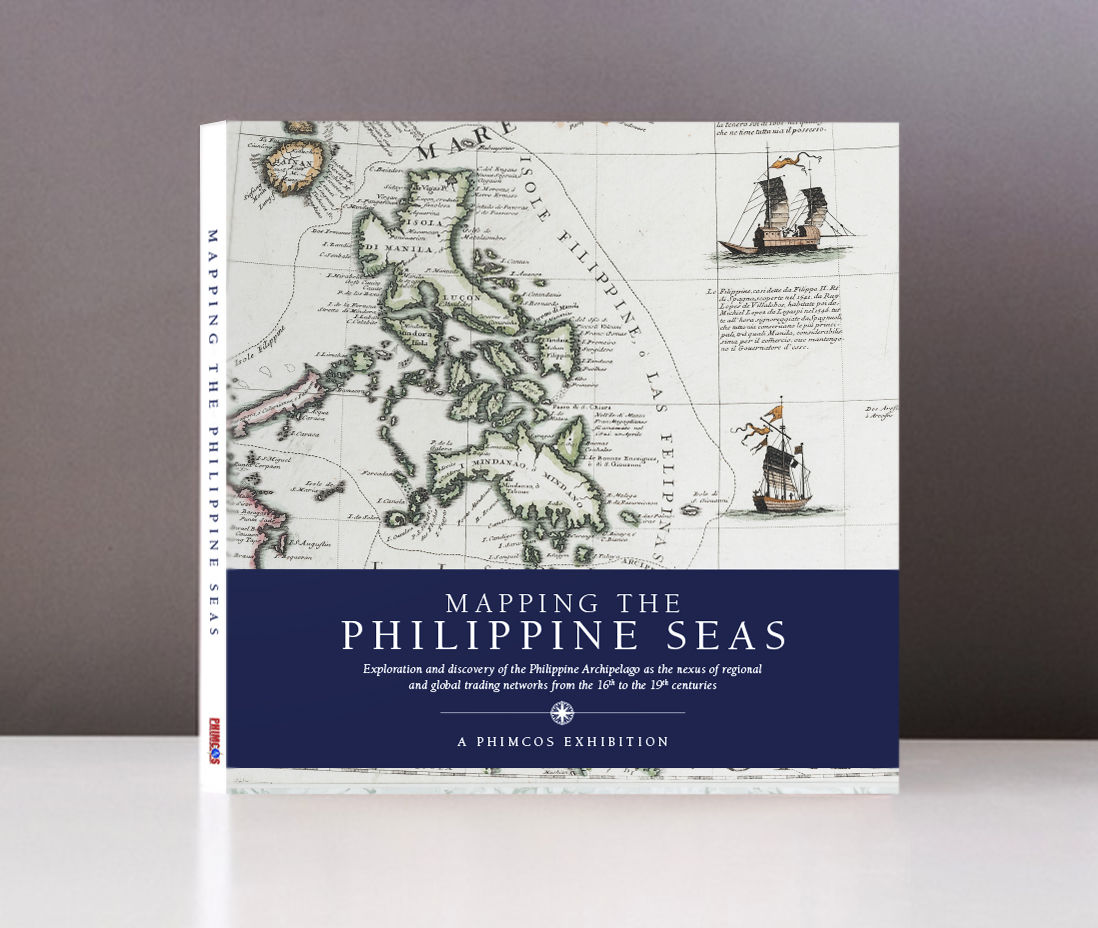
Shipping Information
Prices quoted below include shipping costs within Metro Manila only.
We are pleased to announce that we accept orders for shipping PHIMCOS publications within the Philippines and overseas. For shipments outside Metro Manila and overseas, please let us know your requirements and shipping address and we will send you a quotation for the shipping costs. Once accepted, we will send you a PayPal invoice for settlement prior to shipping.
For PHIMCOS members who wish to purchase, please contact us for shipping arrangements.
Discounts are available for members and also for bulk purchases.
For further inquiries, drop us a line.
EXHIBITION CATALOGUES

Classics of Philippine Cartography from the 16th to the 20th Centuries
Php 2,500.00
An overview of Philippine maps and charts from the early 16th century to the mid-20th century.

Occupation and Victory – The Philippines in World War II
The Murillo Bulletin Special World War II Issue
Php 670.00
An exhibition to commemorate the 75th anniversary of the return of U.S. troops to the Philippines and the Battle of Manila in 1945. This exhibition, co-sponsored by the Ortigas Foundation Library and PHIMCOS, presented materials on the war and liberation not previously seen by the public.
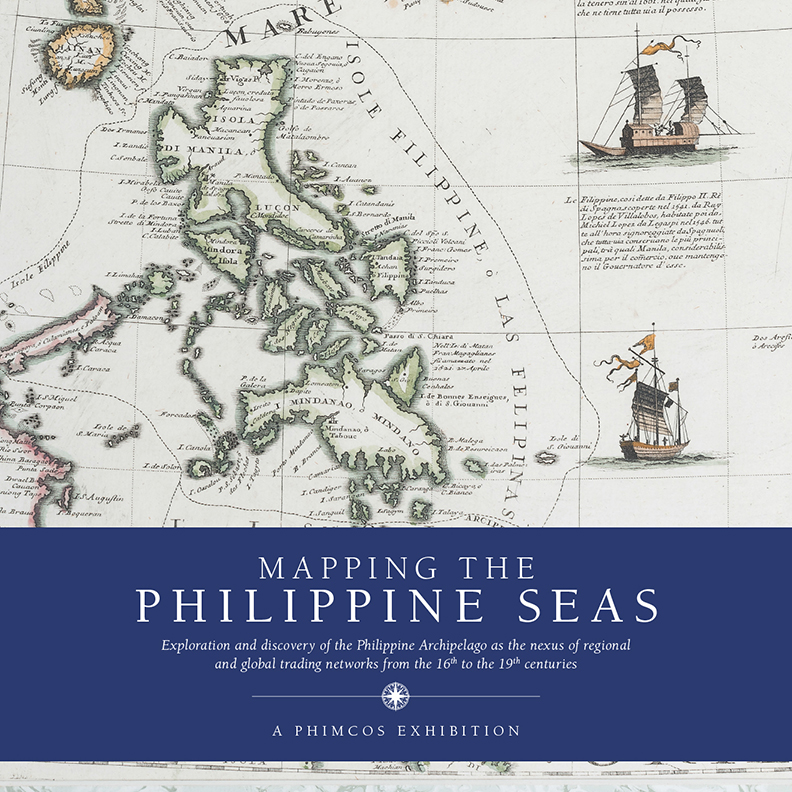
Mapping The Philippine Seas
Php 3,200.00
Maps and charts of the Philippine archipelago from the 16th to the 19th centuries.
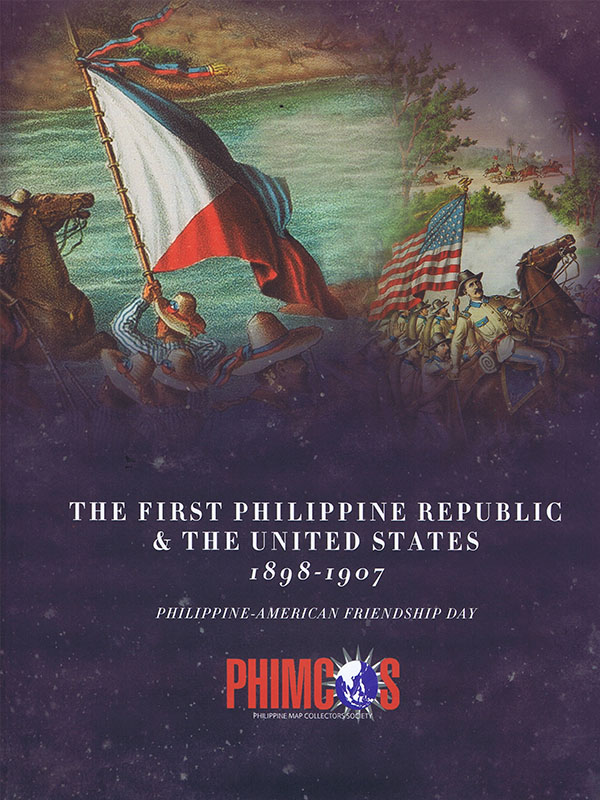
The First Philippine Republic & The United States - 1898-1907
Php 1,100.00
This catalogue covers the period from 1898 when the First Philippine Republic was established to 1907 when the First Philippine National Assembly was convened. The establishment of the First Philippine Republic marked the culmination of the Spanish rule in the country, and although it was short-lived, its establishment and the ensuing events played a pivotal role in the eventual fulfillment of the aspirations of the Filipinos in self-determination.
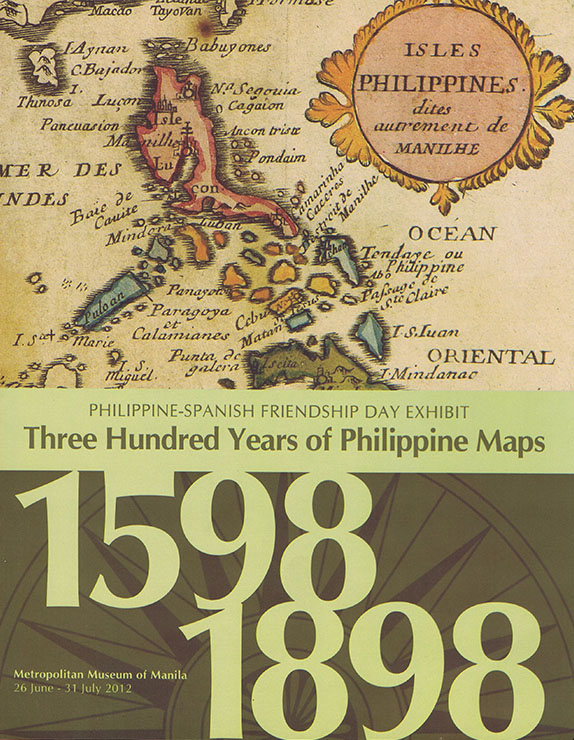
Three Hundred Years Of Philippine Maps, 1598 - 1898
SOLD OUT
During the early days under Spain, the Philippines was at the center of commercial trade in the region. Consequently navigators required sea charts and maps to reach the Asian markets, particularly the part of Manila, because of important and lucrative Galleon Trade between Spain and Manila passing through the port of Acapulco, Mexico. No sooner did the Manila Gelleon Trade commence in 1565, and which lasted 250 years, up to circa 1815, so did the mapping of the Philippines.
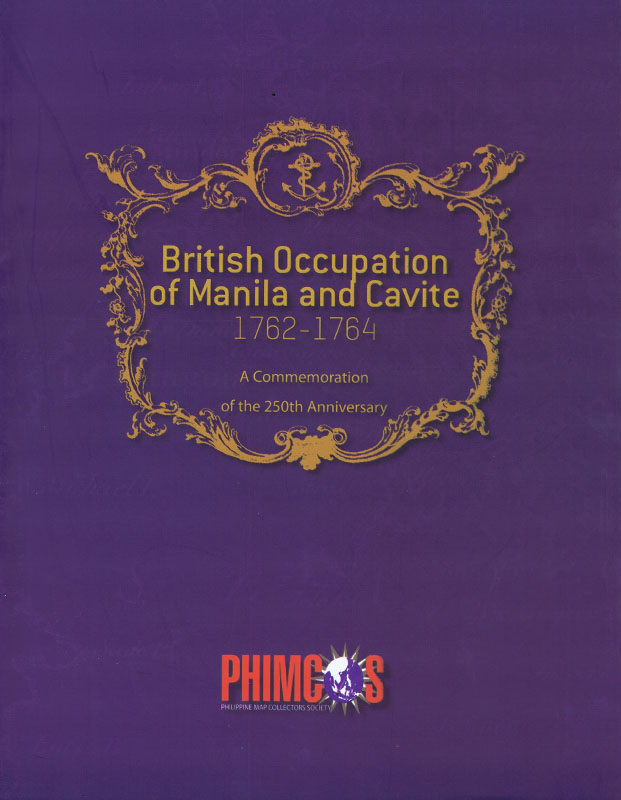
The British Occupation of Manila and Cavite, 1762 – 1764
Php 650.00
The British Occupation of the Philippines, which was mainly the occupation of the City of Manila and Cavite, lasted for less than 2 years, from September 1762 to May 1764. The British presence in our country, although brief, was a significant and interesting episode in our history.

